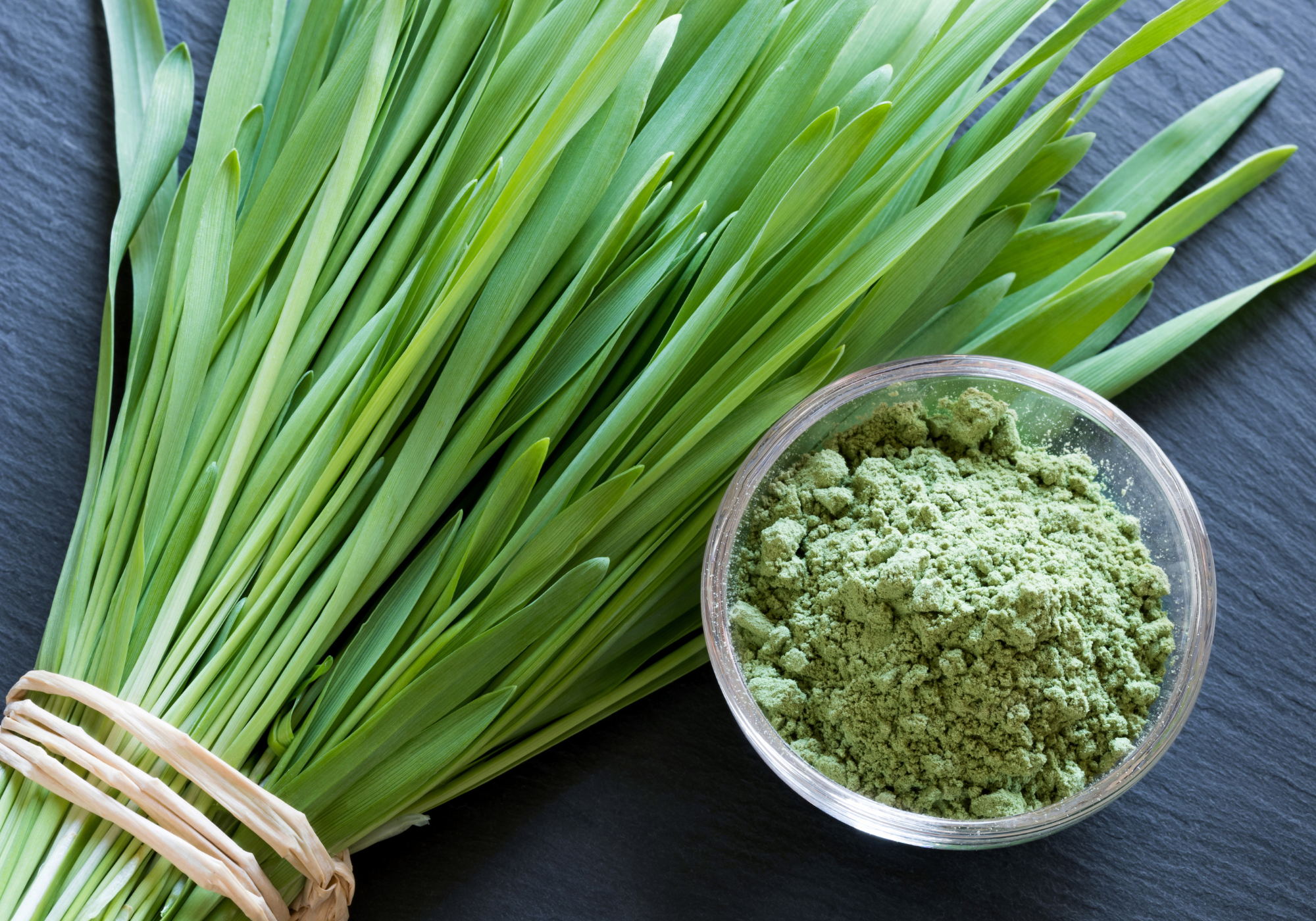Adopt 'Non-Dominant Hand Exercises' to Stimulate Brain Activity
In the quest for cognitive enhancement and maintaining a sharp mind, individuals often turn to puzzles, learning new languages, or musical instruments.
However, one of the simplest yet profoundly effective methods to stimulate brain activity is often overlooked: the practice of non-dominant hand exercises. This method not only promises to engage your brain in novel ways but also integrates seamlessly into daily life.
In this blog, we'll explore the science behind this practice, offer practical tips for incorporation, and delve into its benefits.
The Science of Cross-Brain Stimulation
The human brain is divided into two hemispheres, each responsible for different sets of functions. The left hemisphere is typically associated with logical thinking, language, and analytical processing, while the right hemisphere governs creativity, intuition, and spatial awareness.
The corpus callosum, a bundle of neural fibers, connects these two hemispheres, facilitating communication between them.
Non-dominant hand exercises are a form of cross-brain stimulation. When you use your non-dominant hand to perform tasks, you activate the opposite hemisphere of your brain in ways it's not accustomed to.
This can lead to increased neural connections, improved cognitive function, and enhanced creativity and problem-solving skills. Essentially, by stepping out of your motor-skill comfort zone, you're giving your brain a workout.
Practical Tips for Incorporating Non-Dominant Hand Exercises
-
Start Small: Begin with simple tasks like brushing your teeth, combing your hair, or using a mouse with your non-dominant hand. These activities don't require much time but can significantly impact your brain when done consistently.
-
Write and Draw: Try writing your shopping list or doodling with your non-dominant hand. This can be challenging at first, but with practice, you'll notice improvements not just in your ability to write and draw but in your cognitive functions as well.
-
Switch Hands During Daily Tasks: Increase the challenge by using your non-dominant hand for more complex tasks, such as eating with utensils, opening doors, or even texting. The more you practice, the more benefits you'll reap.
-
Non-Dominant Hand Sports or Hobbies: Engage in activities that require hand-eye coordination, such as playing catch, table tennis, or even learning a musical instrument, using your non-dominant hand.
The Benefits Beyond Brain Stimulation
While the primary goal of non-dominant hand exercises is to enhance brain function, the benefits extend beyond cognitive stimulation. These exercises can improve manual dexterity and even offer a new perspective on routine tasks, making the mundane interesting again.
Furthermore, they encourage mindfulness, as performing familiar tasks with the non-dominant hand requires concentration and awareness, bringing a meditative quality to everyday activities.
Research Insights
Studies have shown that engaging in activities that challenge the brain can delay the onset of cognitive decline and improve brain function.
A notable study published in the Journal of Neuroscience found that musicians who use both hands have more developed corpus callosums, suggesting that bilateral activities can enhance brain communication pathways.
While research specifically focusing on non-dominant hand exercises is still emerging, the principles of neuroplasticity support the potential benefits of these practices for cognitive health.
A Note on Persistence and Patience
Adopting non-dominant hand exercises requires patience and persistence. Initial attempts may feel awkward and inefficient, but the key is consistency. Over time, these exercises will become more natural, and the cognitive benefits will become more apparent.
Enhance Your Brain Health with Altayba's Natural Food Supplements
In your journey to improve cognitive function and overall well-being, consider complementing your routine with Altayba's range of natural food supplements. Our products are designed to support brain health, providing the nutrients needed for optimal mental performance.
In conclusion, non-dominant hand exercises offer a simple yet effective way to stimulate brain activity and enhance cognitive functions. By incorporating these exercises into your daily routine and supporting your health with Altayba's natural food supplements, you can take a proactive step towards maintaining a sharp, active mind throughout your life.
Whether you're looking to enhance focus, memory, or energy levels, Altayba's natural food supplements offer a natural way to achieve your health goals. Explore our collection and take the next step in nurturing your mind and body, perfectly complementing your efforts with non-dominant hand exercises for a holistic approach to brain health.



